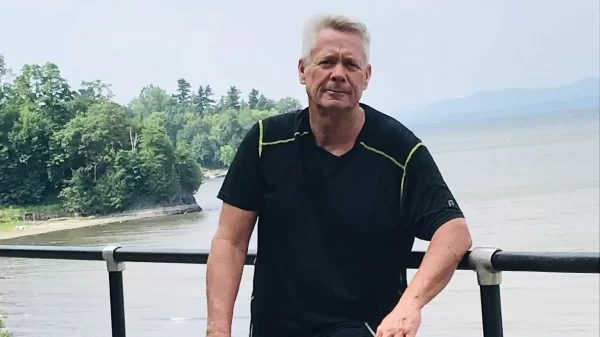By Samuel Mattison
Alabama Political Reporter
As the Republican runoff for U.S. Senate draws closer to its end on Tuesday, it’s important to reflect upon how exactly the race got here.
When Jeff Sessions vacated the seat last year after his appointment as U.S. Attorney General, it was up to then Gov. Robert Bentley to appoint the new senator.
While many interviewed for the position, Bentley decided that then Alabama Attorney General Luther Strange would take the position. Bentley then scheduled the election for the seat to occur in 2018 with other statewide elections.
There was only one problem: Strange supposedly was leading an investigation into Bentley at the time of his appointment.
Strange’s appointment did not sit well with powerful people in the state, and it would be only two months later that Bentley would resign amid an impending impeachment.
In the same month of his impeachment, newly-appointed Gov. Kay Ivey would call for a special election.
The crowded Republican field consisted of 10 candidates by the time the August party primaries rolled around.
The Democratic field was equally cramped with eight candidates running. Doug Jones decisively won the primary and will face the Republican runoff winner in December.
While many Republicans ran for the seat, the three dominating the field were former Supreme Court Chief Justice Roy Moore, Strange and U.S. Rep. Mo Brooks, R-Huntsville.
At the time, Brooks gained national recognition for being involved in a shooting in Washington, which left the U.S. House Majority Whip Steve Scalise, R-La., in critical condition.
Despite this popularity, Brooks placed third in the race and was disqualified from running in the runoff.
The primary and runoff were filled with attack ads against Brooks and Moore funded by the Super PAC Senate Leadership Fund, which has connections to Senate Majority Leader Mitch McConnell.
Strange’s campaign saw a burst of support after President Donald Trump endorsed Strange just days before the August primary election.
The primary ended with Moore taking first and Strange taking second behind Moore six percentage points.
Since the August primary, key conservatives and Republicans drew battle lines in their endorsements of the two candidates.
While Strange got the endorsement of Trump, Trump-surrogates lined up behind Moore in staggering numbers.
Trump has gone all in on the endorsement of Strange; taking to Twitter on multiple occasions last week to praise the senator.
But the downfall of Strange’s bid may be the apathetic public who caused very low voter turnout in August.
It is only made more difficult by Brooks’ recent endorsement of Moore. Brooks has a powerful base in Huntsville, where Strange and Moore both under performed in August.
Because of this, Trump picked the contested region as the venue of his rally this weekend.
The election has become a test of how far Trump’s influence can take him in the state. Strange has ranked as an unpopular political figure in polls for the race, and if Trump’s endorsement cannot win him the seat, it will show the limitation of Trump’s power in the state.



















































